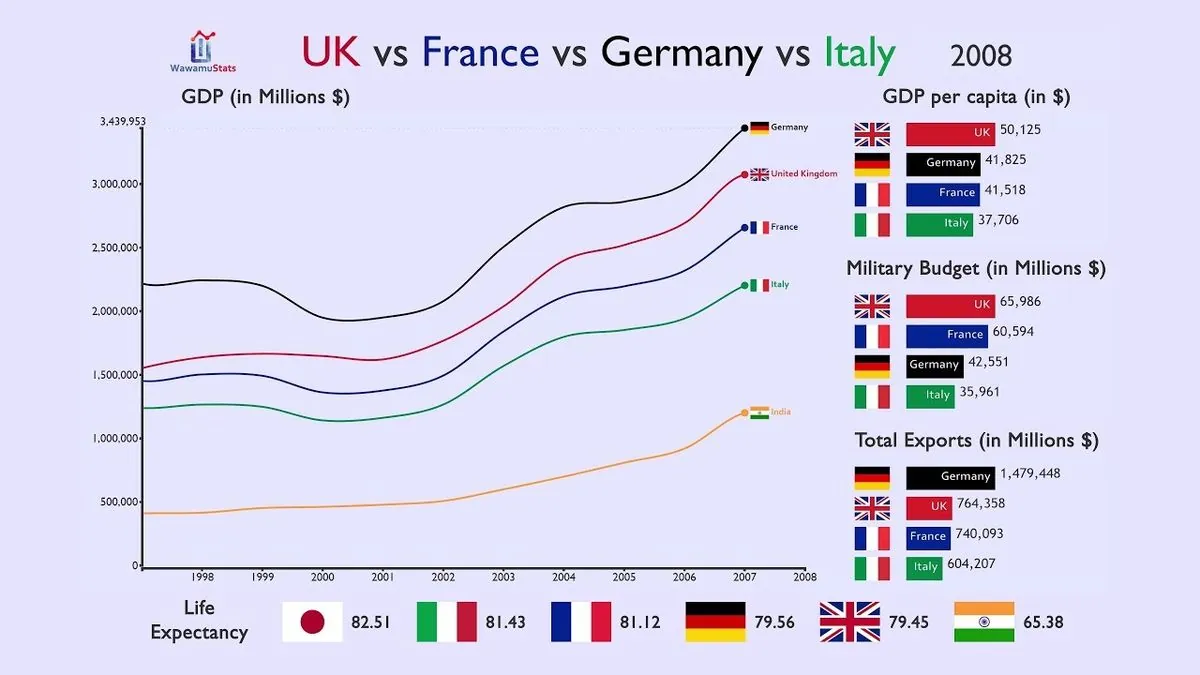Polyamory and Compersion: A Critical Look at Modern Relationship Trends
A reader's letter about polyamory prompts a discussion on "compersion" - the opposite of jealousy in open relationships. Rachel Johnson expresses skepticism about this concept and modern relationship trends.

A reader recently shared their experience with polyamory, describing a harmonious arrangement involving multiple partners. The concept of "compersion" - feeling joy from a partner's other relationships - was central to their story. This prompted an exploration of this modern relationship trend and its implications.
Rachel Johnson delves into the definition of compersion, explaining it as "happiness or satisfaction in seeing a romantic or sexual partner with another person." The concept, originating from the Kerista Commune in San Francisco during the 1980s, is often visualized as an "H" shape, where partners are connected but independent, contrasting with the codependent "A" shape of traditional relationships.
While polyamory has gained visibility in recent years, with an estimated 4-5% of Americans practicing some form of consensual non-monogamy, Johnson expresses skepticism about compersion. She likens it to other contemporary trends such as matcha tea or fermenting kimchi, suggesting it may be a passing fad rather than a sustainable relationship model.

The article touches on various aspects of polyamorous relationships, including:
- The use of terms like "metamour" for a partner's other partner
- The concept of "kitchen table polyamory" where all partners socialize together
- The challenges of managing multiple relationships, sometimes using scheduling tools
- The legal complexities faced by polyamorous arrangements
Johnson argues that feeling jealousy is a more natural human response to a partner's involvement with others. She states, "In my book it's far more human and natural to feel black fury at the idea of your partner being in bed with someone else, not transports of blissed-out delight."
While acknowledging the existence of polyamorous relationships, the article maintains a critical stance towards compersion and ethical non-monogamy. It highlights the contrast between these modern concepts and traditional views on relationships, suggesting that jealousy and monogamy may be more deeply ingrained in human nature.
"We have never been happier and we are closer than ever. My question to you is: when you have children you love them all differently; why can't it be the same in polyamory?"
In conclusion, while polyamory and compersion may work for some individuals, Johnson's response reflects a more traditional view of relationships. The article encourages readers to critically examine these modern relationship trends and consider their own emotional responses and needs in partnerships.


































